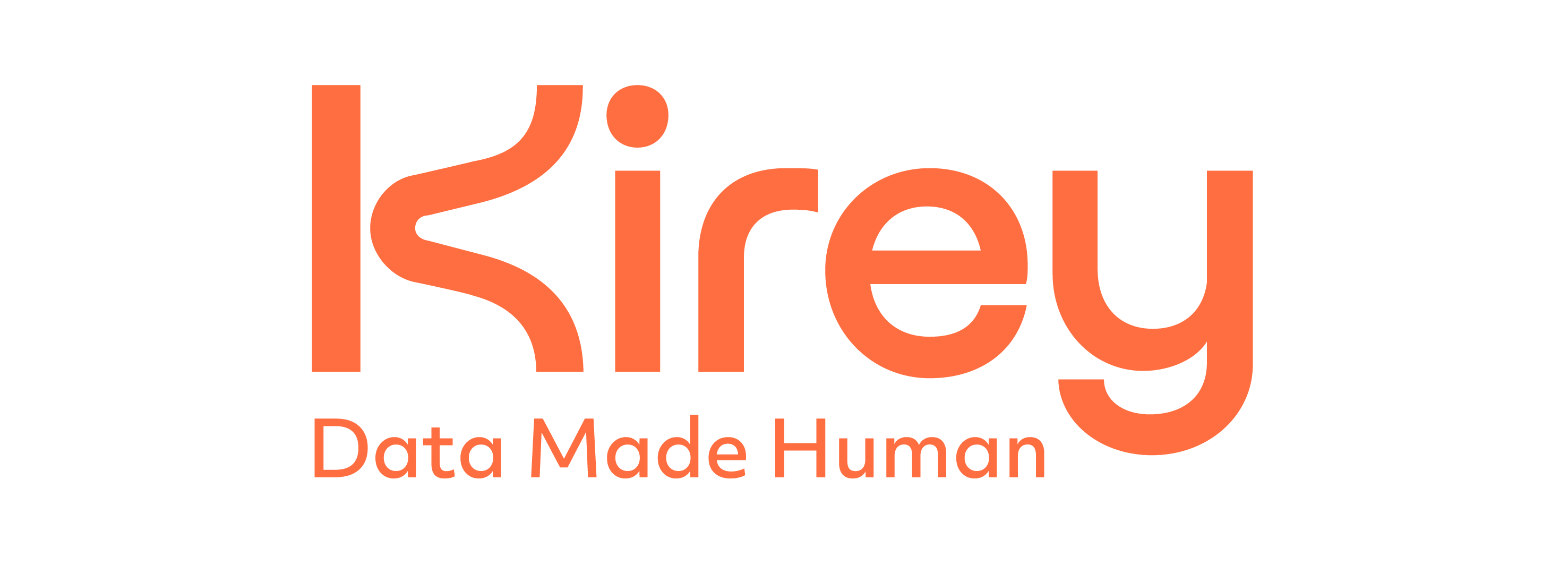For years, we’ve heard that data is one of the most valuable corporate assets, and the evidence seems to support this. Nearly all organizations (93%, according to EY) are investing in data and analytics, and the global data management market is projected to grow at a 12% compound annual growth rate from now until 2034, reaching an astronomical $349.5 billion. Maximizing data value lies at the core of the data-driven transformation that has been reshaping businesses across industries for years.
Data value: how much is your data worth?
There's no doubt that data holds value. Leveraging its full potential means, depending on the circumstances, multiplying productivity, aligning closely with customer needs, refining and automating processes, and, most importantly, driving innovation.
One initial challenge for companies is quantifying data value. Unlike tangible assets, data can be shared, transformed, and aggregated to generate insights that support decision-making. Data has its lifecycle, with a value depending on its stage: raw data holds limited worth, but combining and analyzing datasets can produce critical insights for making strategic decisions.
Companies know one thing for certain: to become data-driven, they need significant investments in data management, modern data architectures, quality processes, and analytics—not to mention the security and privacy aspects, all of which fall under comprehensive data governance. This makes understanding data value even more crucial, as organizations need to assess the true potential of their data assets before undertaking bold investments, which will ultimately need to show a return on investment (ROI). But how?
Calculating data value: four dimensions to consider
Calculating data value isn’t straightforward because it involves more than the ROI of a specific initiative, which, depending on its goal (e.g., improving customer experience), may have dedicated KPIs like Net Promoter Score or Customer Satisfaction Score. Instead, it involves understanding the potential impact of data utilization on overall business, a task that brings added complexity and multiple layers of analysis.
Financial value
Data carries financial value. Returning to an earlier point, data value can be quantified through one or more well-defined goals and corresponding data strategies. Cost optimization, revenue growth, process acceleration, and increased customer satisfaction are all goals that data analysis can help achieve and measure through specific KPIs.
Strategic value
Quantifying data’s strategic value is much more complex. Companies need to consider how data contributes to competitive differentiation, creates a unique advantage, and supports new opportunities and business models.
For this purpose, a deep understanding of processes and market context is essential, along with customer needs and real-world case studies. The fintech sector exemplifies this concept, as the innovative, agile, and data-driven nature of new players has allowed them to compete with established organizations, sometimes even creating new, successful business models (such as banking-as-a-service).
Risk mitigation capability
How does data help companies manage inherent risks? The discussion is twofold: the availability of vast data volumes creates inevitable security and compliance risks, but it also provides tools to manage other types of risks.
To clarify, one key area in data governance is security and privacy; having access to large datasets brings compliance risks across general regulations (e.g., GDPR) or sector-specific ones (e.g., HIPAA in U.S. healthcare). Hence, integrating data protection and security within a data governance framework becomes essential.
Simultaneously, data analysis helps companies mitigate various business risks. For instance, using accurate information reduces the risk of poor decision-making by providing an objective foundation for strategies. Moreover, advanced technologies like AI and machine learning can detect transaction anomalies and prevent fraud in real-time. Additionally, continuous data collection and analysis help identify operational risks, allowing companies to address process or infrastructure issues before they lead to significant costs or disruptions.
Data monetization
When assessing data value, companies should consider not only internal impact but also the potential economic value data can directly generate. Data monetization can be a significant factor in financial value but is often prominent enough to be addressed separately.
If managed in compliance with current regulations, data can be sold or shared with other companies, transforming it into a monetizable resource. This approach requires careful assessment of data quality, relevance, and usefulness for third parties, who may use it to improve operations, optimize marketing strategies, or develop new products. Data monetization can thus become an additional revenue stream, provided a strong governance framework is in place to ensure security and compliance—essential to maintaining customer and partner trust over time.
A strategic step toward a data-driven company
Knowing the potential of your data is crucial for making well-calibrated investments. While AI is a major focus today, its success depends on a well-governed data ecosystem, built on previous investments in data management. Understanding data value, and its business impact, is the most effective way to embrace the data-driven paradigm in a rational, calibrated, and strategic way.
